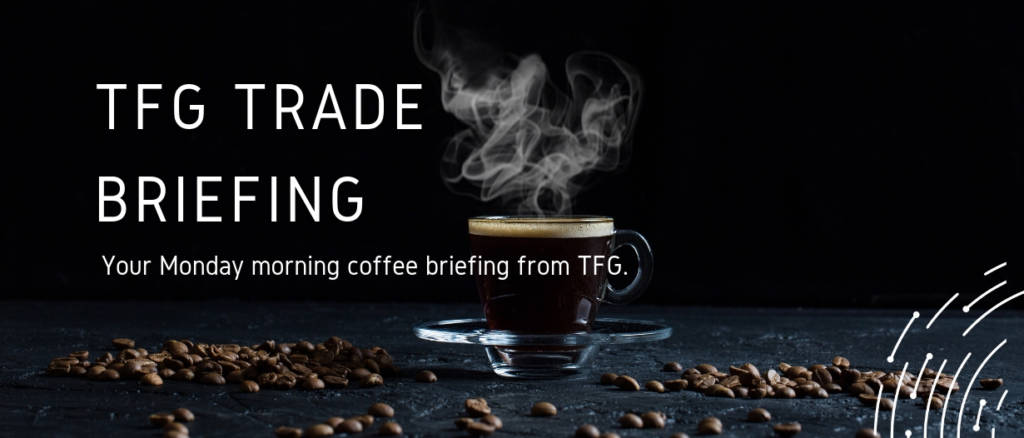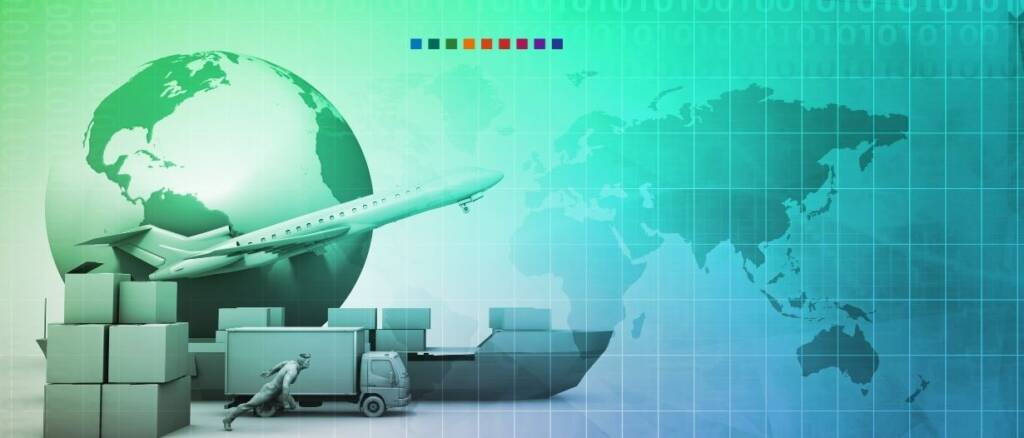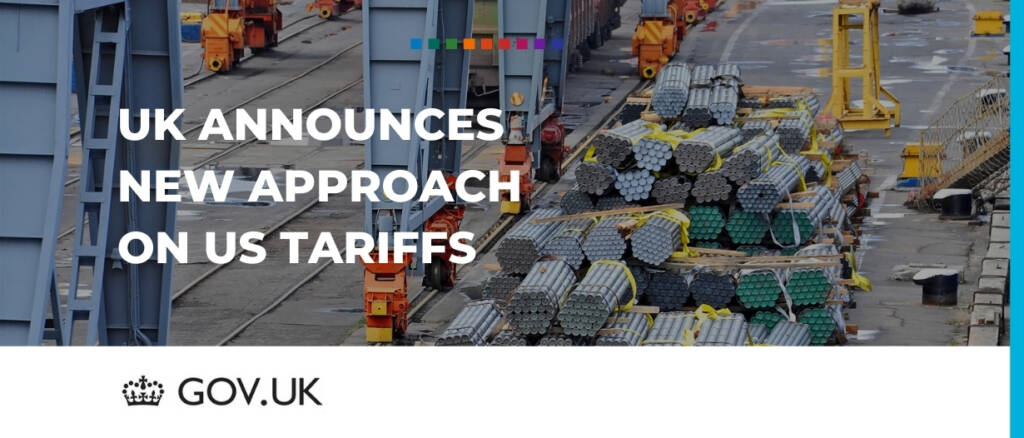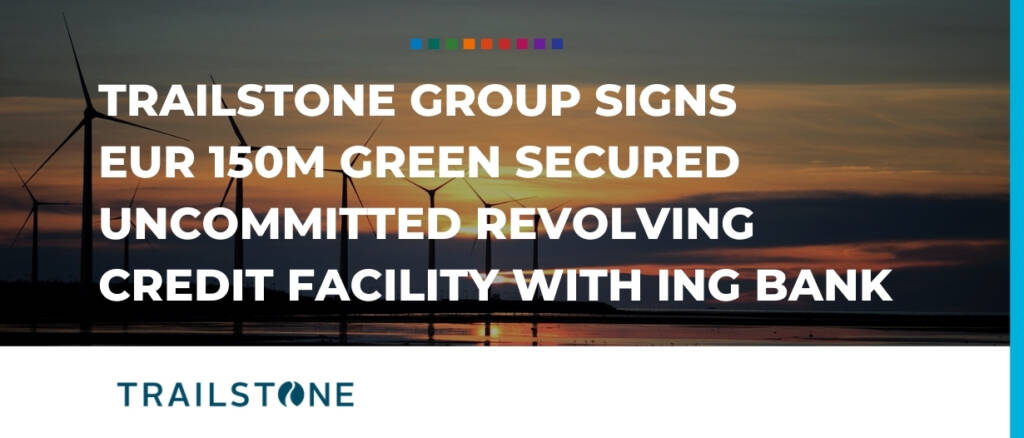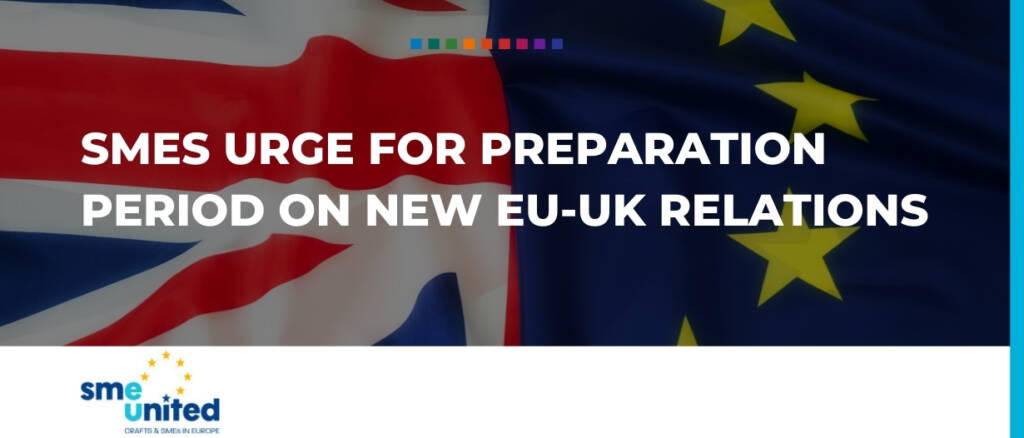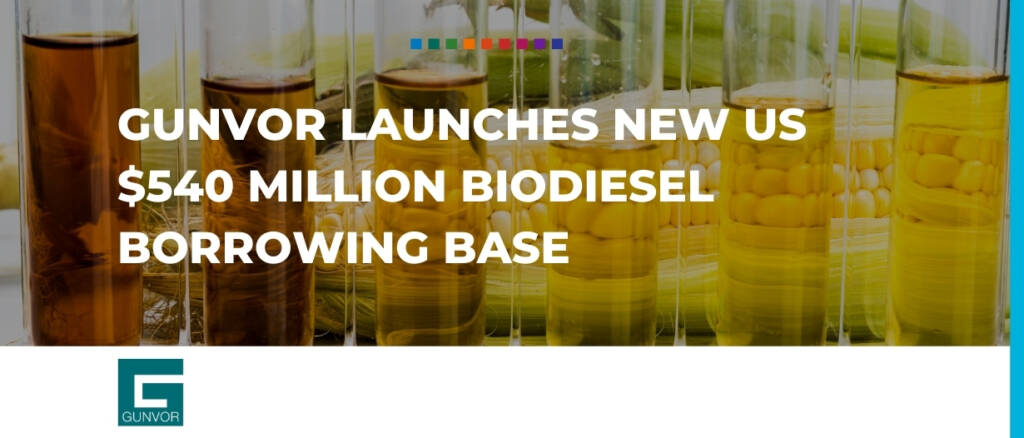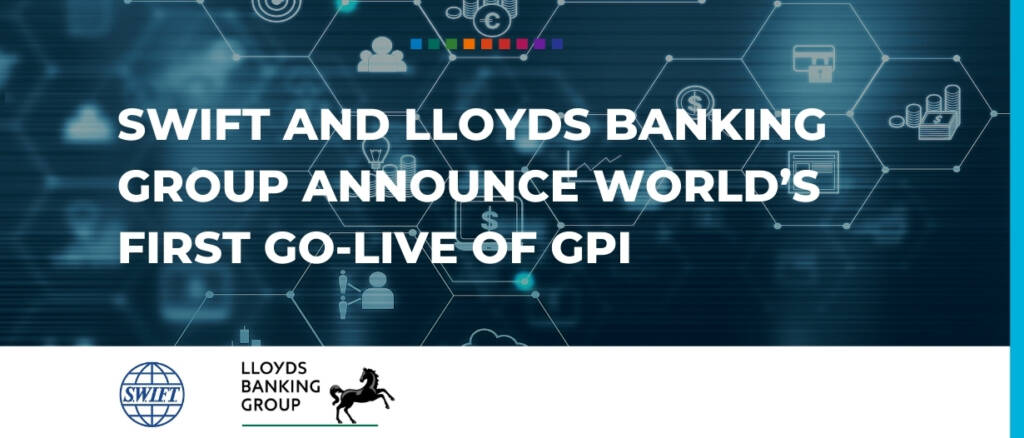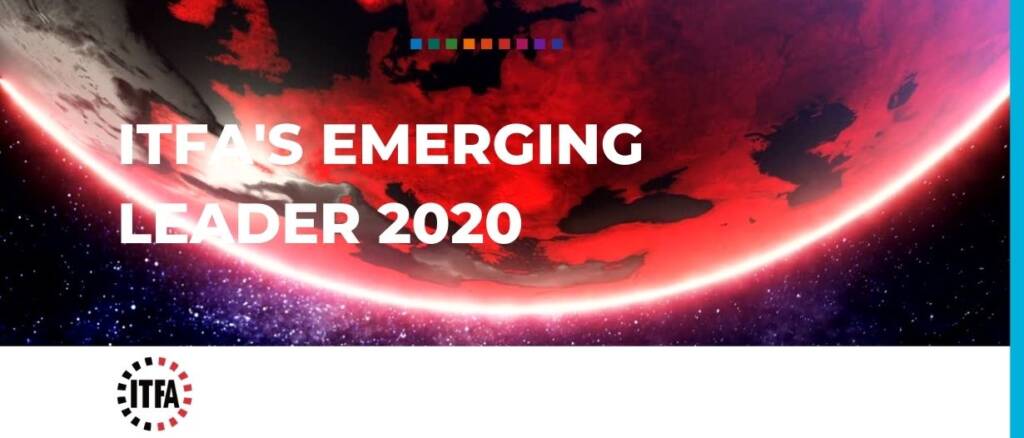Your Monday morning coffee briefing from TFG. UK-EU Brexit talks continue, with the UK prime minister Boris Johnson and European Commission president Ursula von der Leyen agreeing to extend talks on the future UK-EU relationship beyond the previously announced deadline of yesterday.
Covid-19 lockdowns have disrupted global supply chains across the board and placed the concepts of reshoring and resilience on every policymaker’s lips. A new report from Euler Hermes examines how the pandemic could push manufacturers to rethink their supply chain strategies.
The UK is today announcing an independent approach to the longstanding trade conflicts between the EU and US around steel and aluminium and aerospace tariffs. To defend the UK steel… read more →
Berlin, 8 December 2020 – TrailStone Group today announced the successful signing of a EUR 150m multicurrency secured uncommitted revolving credit facility for use by TrailStone Renewables GmbH, arranged by… read more →
Your Monday morning coffee briefing from TFG. The UK has approved the Pfizer-BioNTech vaccine for use. The first vaccinations are expected to start this week. Following a week of intense negotiations, UK and EU negotiators issued a statement saying that “conditions for an agreement are not met.
The SMEunited General Assembly calls for an urgent agreement on EU-UK relations. They also insist on a phased implementation of any agreement of at least three months for SMEs to… read more →
Gunvor Group has successfully closed a new US $540 million borrowing base facility to support the Company’s biodiesel trading activity. The Facility drew strong support among Gunvor’s banking partners, which… read more →
SWIFT and Lloyds Banking Group announce world’s first go-live of gpi Instant connection in the UK, with benefits extending far beyond.
Today the winner of the ITFA Emerging Leader 2020 competition was announced – TFG reports on the winning entries, aimed to make a significant contribution to the trade finance sector.
Your Monday morning coffee briefing from TFG. Global trade volumes slowed, rising by 2.1% in September to a level roughly 4% below that of the same month in 2019.















